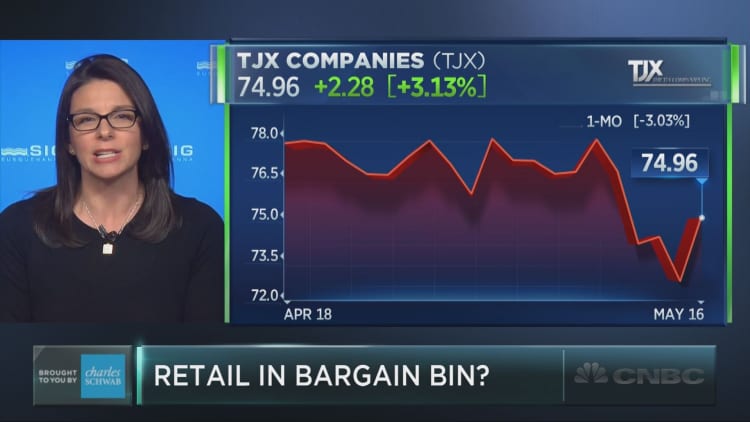


Cheer up — everyone around you is frowning.
That, in short, is Bank of America Merrill Lynch's message to investors right now.
"Bearish sentiment should provide support" for the market right now, that bank's equity and quant strategy research team, led by Savita Subramanian, wrote in a Monday note.
They point out that Wall Street strategists, on average "are recommending just a 52 percent allocation to equities, the lowest in over a year," adding that "Bearish sentiment is typically bullish for equities, and this model recently generated a contrarian buy signal."
This indicator of widespread bearishness is backed up by actual transaction data. The team goes on to report that BofAML clients have been net sellers of stocks for the past 15 weeks, which is "the longest string of consecutive sales in our data history," which goes back to 2008. On top of that, the four-week average net outflows recently reached their highest level since 2008, before moderating a bit over the past two weeks.
Read More Investors flooding billions into this ETF may have unrealistic expectations
Finally, BofAML uses its global fund manager survey as evidence that investors are underweight U.S. equities, which "should provide downside support," given that this implies there are many investors who are looking for the opportunity to get back into stocks at lower levels.
Ironically, the equity team does not need to go far to find a source of bearish sentiment. Its year-end target for the is 2,000, which is 3 percent below Tuesday's opening price. And the very note that contains the sentiment data is entitled "Put your shorts on…it's summertime," given seasonal trends and the prospect of the Federal Reserve tightening policy in the midst of a so-called profits recession.
In other words, you can either do what BofAML says — or you can do what BofAML says no one else is doing.






